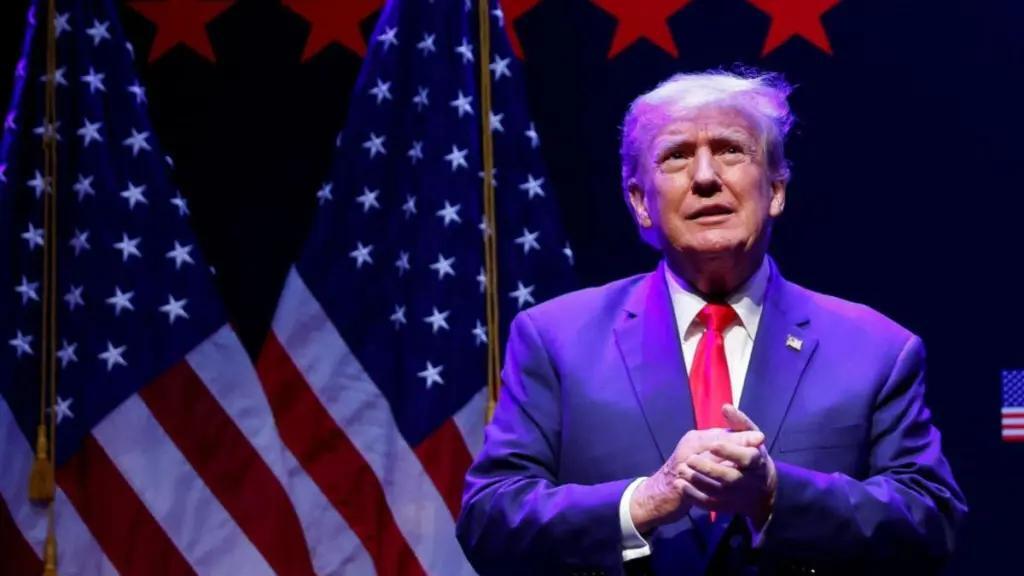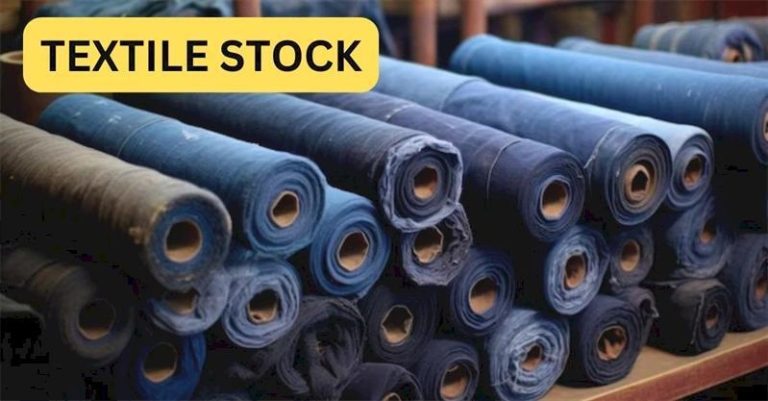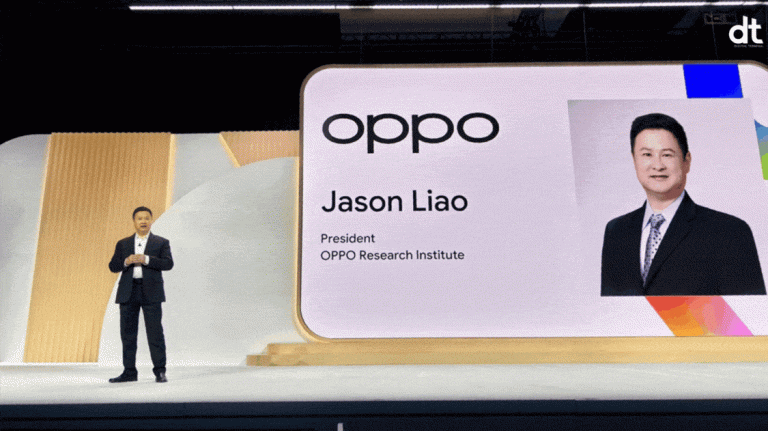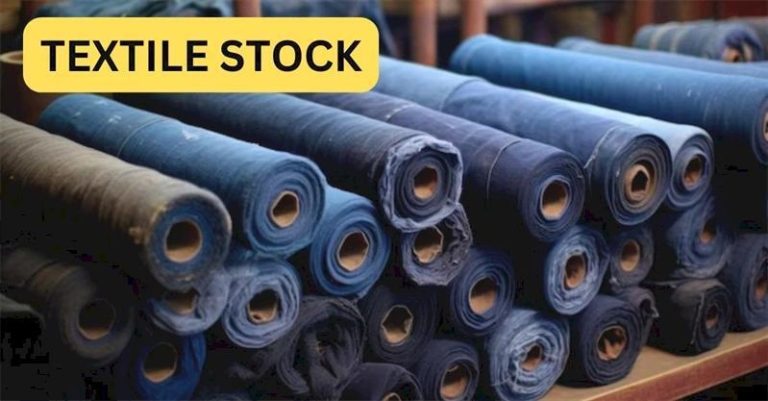
Donald Trump Exempts Smartphones & Computers from Reciprocal Tariffs
In a move that has been met with both relief and skepticism, United States President Donald Trump has excluded smartphones, computers, and other electronic items from the reciprocal tariffs imposed on Chinese goods. The decision, which was announced through a Customs and Border Patrol notice, has significant implications for the tech industry, particularly for companies like Apple that rely heavily on Chinese manufacturing.
As reported by the Hindustan Times, the 125% tariffs imposed on Chinese goods, including electronics, were set to take effect on December 15, 2019. However, the exemption for smartphones, computers, and other electronic items means that these products will no longer be subject to the additional tariffs. This news has been welcomed by tech giants, who had previously expressed concerns that the tariffs could lead to significant price increases for consumers.
The decision to exempt these products from the tariffs is seen as a significant victory for the tech industry, which has been vocal in its opposition to the tariffs. In recent months, companies like Apple, Google, and Amazon have all spoken out against the tariffs, citing concerns about the impact they could have on their businesses and consumers.
For Apple, in particular, the exemption is a major relief. The company relies heavily on Chinese manufacturing, with many of its iPhones and other products being assembled in China. The tariffs would have added significant costs to the company’s operations, which could have been passed on to consumers in the form of higher prices.
The exemption is also seen as a significant win for consumers, who could have been faced with significant price increases for electronic products. The tariffs were initially imposed in response to China’s alleged theft of intellectual property and forced technology transfers, and were intended to level the playing field for American businesses. However, critics argued that the tariffs would ultimately harm American consumers, who would be forced to pay higher prices for goods and services.
In a statement, Apple praised the decision to exempt electronic items from the tariffs, saying that it would “help to ensure that American consumers are not unfairly burdened with higher prices for innovative technology products.”
The decision to exempt electronic items from the tariffs has been met with skepticism by some, who argue that it is a clear example of Trump’s “America First” agenda. Critics argue that the tariffs were always intended to be a form of protectionism, designed to shield American businesses from foreign competition.
Others have argued that the exemption is simply a result of Trump’s close relationship with the tech industry, and that the administration is willing to make exceptions for industries that are perceived as being critical to the US economy.
Despite the controversy surrounding the decision, it is clear that the exemption has significant implications for the tech industry. For companies like Apple, the exemption means that they will be able to continue to source components and assemble products in China without facing significant tariffs. This could help to maintain the competitive edge that the company has in the global market, and could help to ensure that American consumers continue to have access to affordable and innovative technology products.
In conclusion, the decision to exempt smartphones, computers, and other electronic items from the reciprocal tariffs imposed on Chinese goods is a significant development in the ongoing trade war between the US and China. While some have criticized the decision as being a form of protectionism, it is clear that the exemption has significant implications for the tech industry and American consumers.
As the trade war continues to unfold, it will be important to monitor the impact of the tariffs on the economy and consumers. However, for now, the exemption for electronic items is a welcome relief for the tech industry, and a sign that the administration is willing to make exceptions for industries that are critical to the US economy.
Source:






